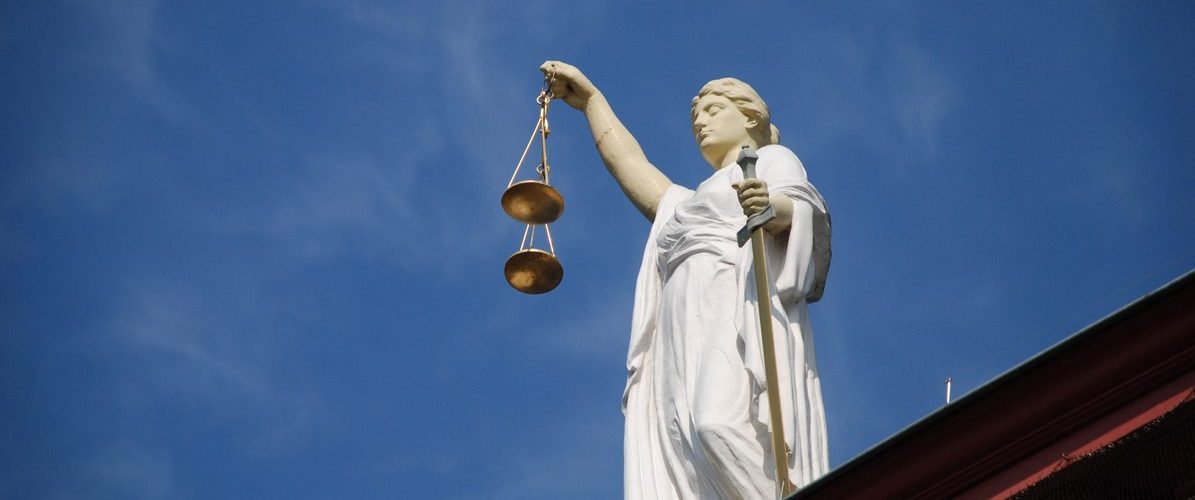By order of 13 December 2018, the European Court of Justice (Tenth Chamber) ruled that Articles 168(a), 178(a) and 226 of the EU VAT Directive, must be interpreted as precluding the national tax authorities from refusing to allow a taxable person the right to deduct the input value added tax due or paid for the sole reason that the invoices drawn up contain an error as to the identification of the goods which were the subject of the transactions in question, even though the taxable person had provided to the tax authorities, before those authorities took a decision in his regard, the documents and explanations necessary for determining what the actual subject matter of those transactions was and for establishing that those transactions had indeed taken place.
Facts (simplified)
Mennica Wrocławska was denied a deduction of VAT that it had paid on certain transactions concluded with the company Mennica Wrocławska – Dystrybucja sp. z oo on the grounds that the goods covered by these transactions were not correctly identified on the invoices relating to said transactions.
In a first group of invoices, the goods concerned were incorrectly designated under the designation ‘gold scrap’ when they should have been classified as ‘gold granules’, the ‘gold scrap’ being subject to the reverse charge system while “gold granules” come under the normal VAT liability regime. On a second group of invoices, the goods in issue were also identified as “gold scrap” when they consisted in part of “gold granules” and in part in “gold scrap”.
The Wojewódzki Sąd Administracyjny we Wrocławiu (Wrocław Voivodeship Administrative Court, Poland) decided to refer the following question for a preliminary ruling to the Court:
‘The provisions of the [VAT] directive, in particular Article 168, Article 178 (a), Article 226, point 6, as well as the principles of the VAT system, in particular the principles of fiscal neutrality and proportionality, do they not oppose a national practice which denies the right to deduct VAT from invoices on which the wrong type of goods is indicated even if, during the tax procedure (before the adoption of the decision ), the taxable person had presented all the necessary explanations and the reference documents confirming the existence and the specific characteristics of the goods subject to the transaction, which were then accepted by the tax authorities during the tax procedure , and even if the existence of tax fraud has not been established? ”
Source curia (Order in English) and curia (French, full document)
Newsletters















